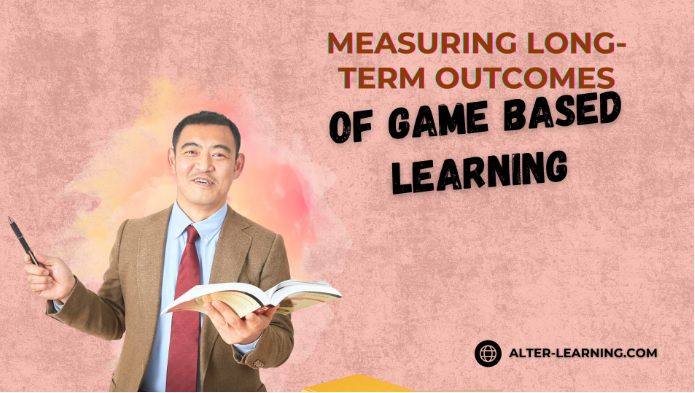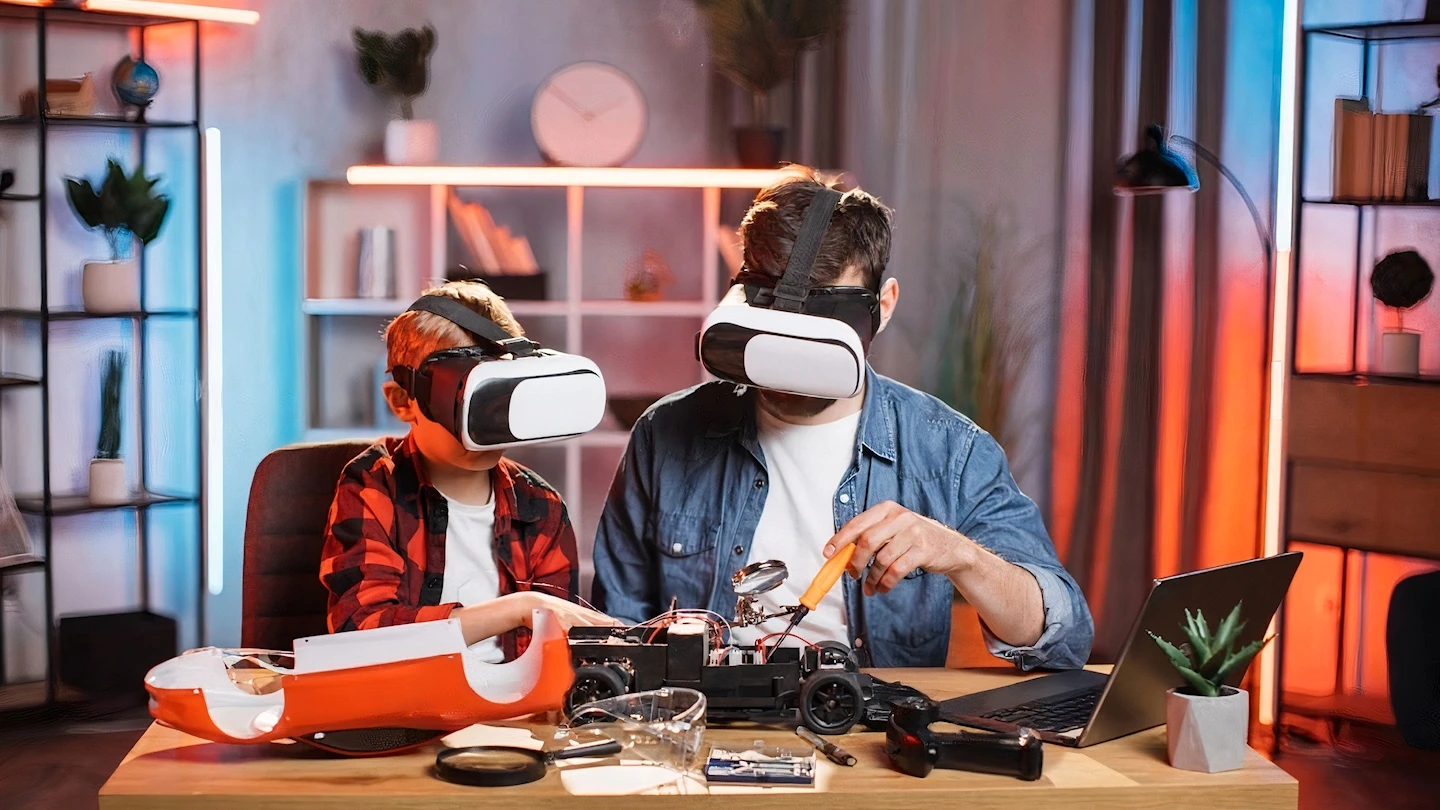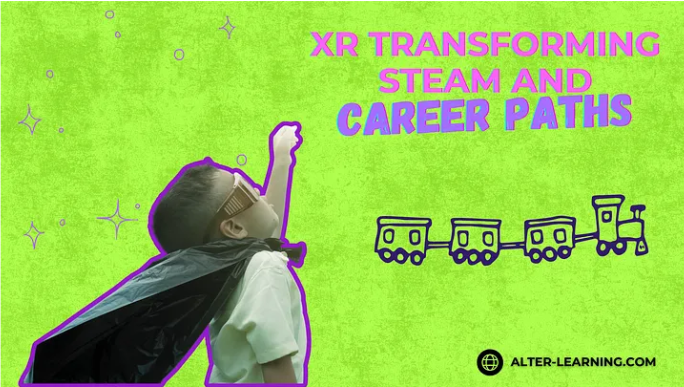Game-based learning has gained attention for its ability to make classrooms more engaging, interactive, and student-centered. But while short-term results—like higher engagement or improved test performance—are encouraging, many educators and policymakers want to know: What about the long-term impact?
Do students who engage with STEAM educational games, VR education apps, and immersive learning environments carry those skills into higher education, careers, and personal growth? Alter-Learning’s approach emphasizes that measuring long-term outcomes is both complex and essential to understanding the full value of game-based education.
Why Long-Term Measurement Matters
Short-term assessments may show immediate improvements in engagement or comprehension, but education is ultimately about preparing students for the future. Long-term outcomes can provide insights into whether game-based learning supports:
- Critical thinking and problem-solving that extend beyond school tasks,
- Resilience and persistence developed through safe failure and retry mechanics,
- Collaboration and communication skills gained from multiplayer environments,
- Creativity and adaptability, essential in rapidly changing industries,
- Confidence and motivation, influencing lifelong learning habits.
By focusing on these outcomes, schools can evaluate whether game-based learning provides durable benefits.
Methods for Measuring Long-Term Impact
To understand how game-based learning shapes student growth, schools and researchers can use a variety of strategies:
- Longitudinal studies, tracking students over multiple years to see how skills develop,
- Portfolio assessments, where students compile projects or reflections across disciplines,
- Teacher and parent feedback, offering insights into changes in behavior, resilience, or curiosity,
- Career and college readiness indicators, such as STEM enrollment, problem-solving in real-world contexts, or leadership roles,
- Data analytics from EdTech platforms, showing progress in STEAM challenges, VR coding tutorials, or interactive physics simulations over time.
Combining these approaches can provide a fuller picture of long-term impact.
Some skills are especially important to track when measuring outcomes of immersive education:
- STEM readiness, demonstrated through improved performance in math puzzle games or engineering challenges for students,
- Social-emotional growth, reflected in improved teamwork and empathy from collaborative learning,
- Digital literacy, developed through exposure to AR biology explorations, digital art creation tools, and XR educational content,
- Curiosity and inquiry, seen in how students independently explore beyond classroom requirements.
These indicators suggest whether game-based learning is preparing students for the demands of the future.
Supporting Educators in Assessment
For teachers, measuring long-term outcomes can feel daunting. EdTech platforms can help by providing:
- Dashboards that track skill development across time,
- Embedded quizzes that reinforce learning within games,
- Progress reports aligned with curriculum standards,
- Reflection prompts that encourage students to connect classroom experiences to personal growth.
These tools give educators data while keeping assessments authentic and integrated.
Long-term measurement is not without its challenges. Schools may face questions like:
- How to separate the impact of games from other teaching methods,
- How to measure skills like resilience or creativity in reliable ways,
- How to ensure data collection respects privacy and equity.
By addressing these questions transparently, schools and developers can refine approaches and ensure that measurement reflects real student growth.
Looking Ahead
Game-based learning is not just about short-term engagement—it can shape skills, mindsets, and habits that last a lifetime. By focusing on long-term outcomes, educators and developers can better understand how immersive tools prepare students for the challenges of tomorrow.
Alter-Learning’s integration of STEAM educational games, VR math games, AR learning experiences, and wellness-focused platforms suggests that the impact of game-based learning may reach far beyond the classroom. When designed thoughtfully and measured carefully, these tools can help students not just succeed in school—but thrive in life.
Follow Alter-Learning for more insights into immersive education, edtech success stories, and the future of learning. Want to explore how VR/AR could transform your school or learning platform? Let’s connect.




